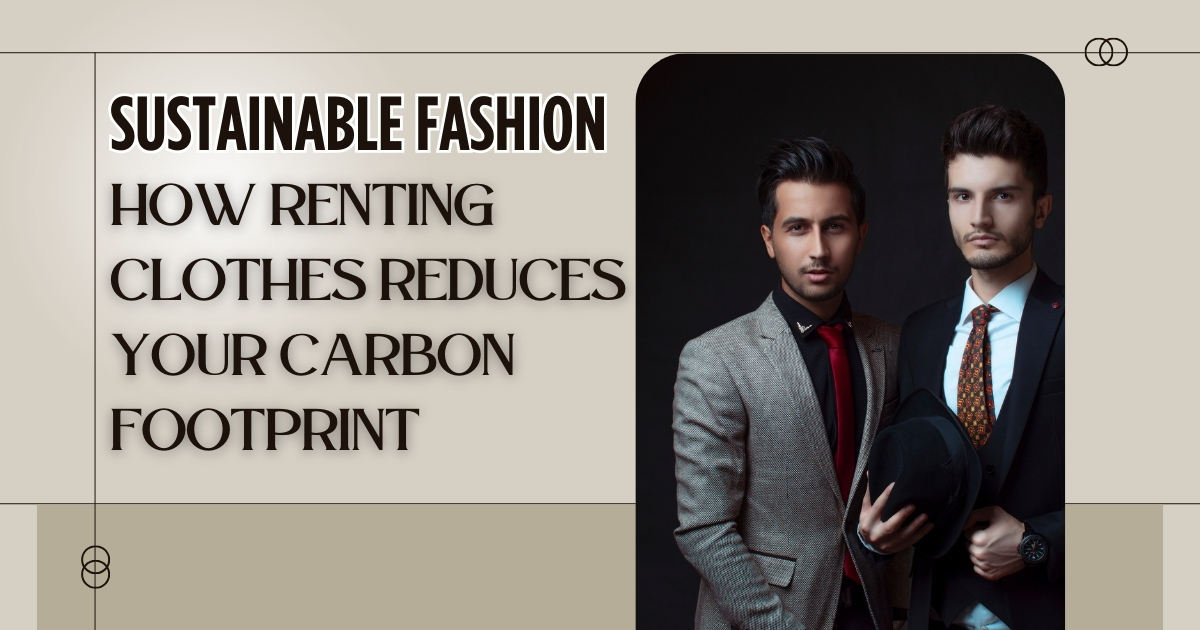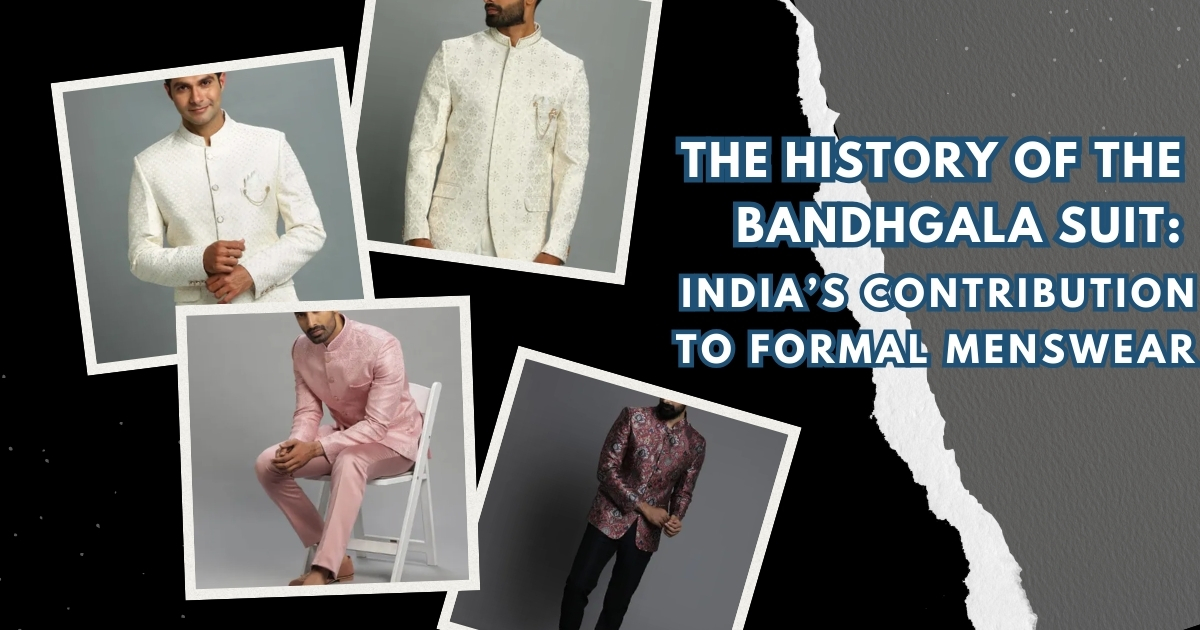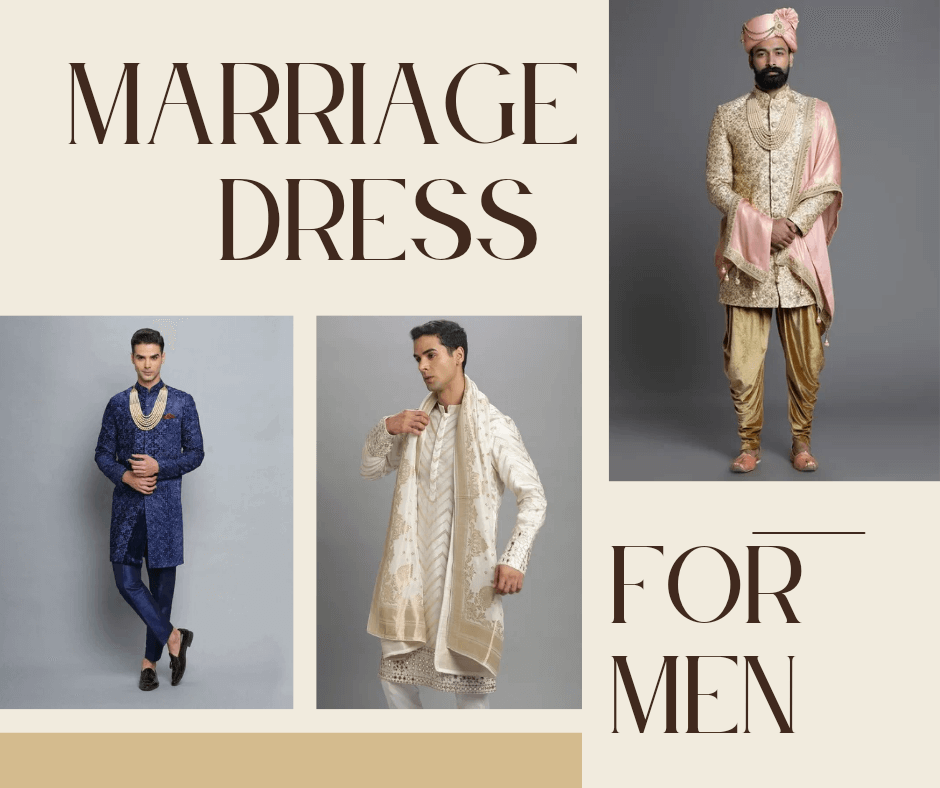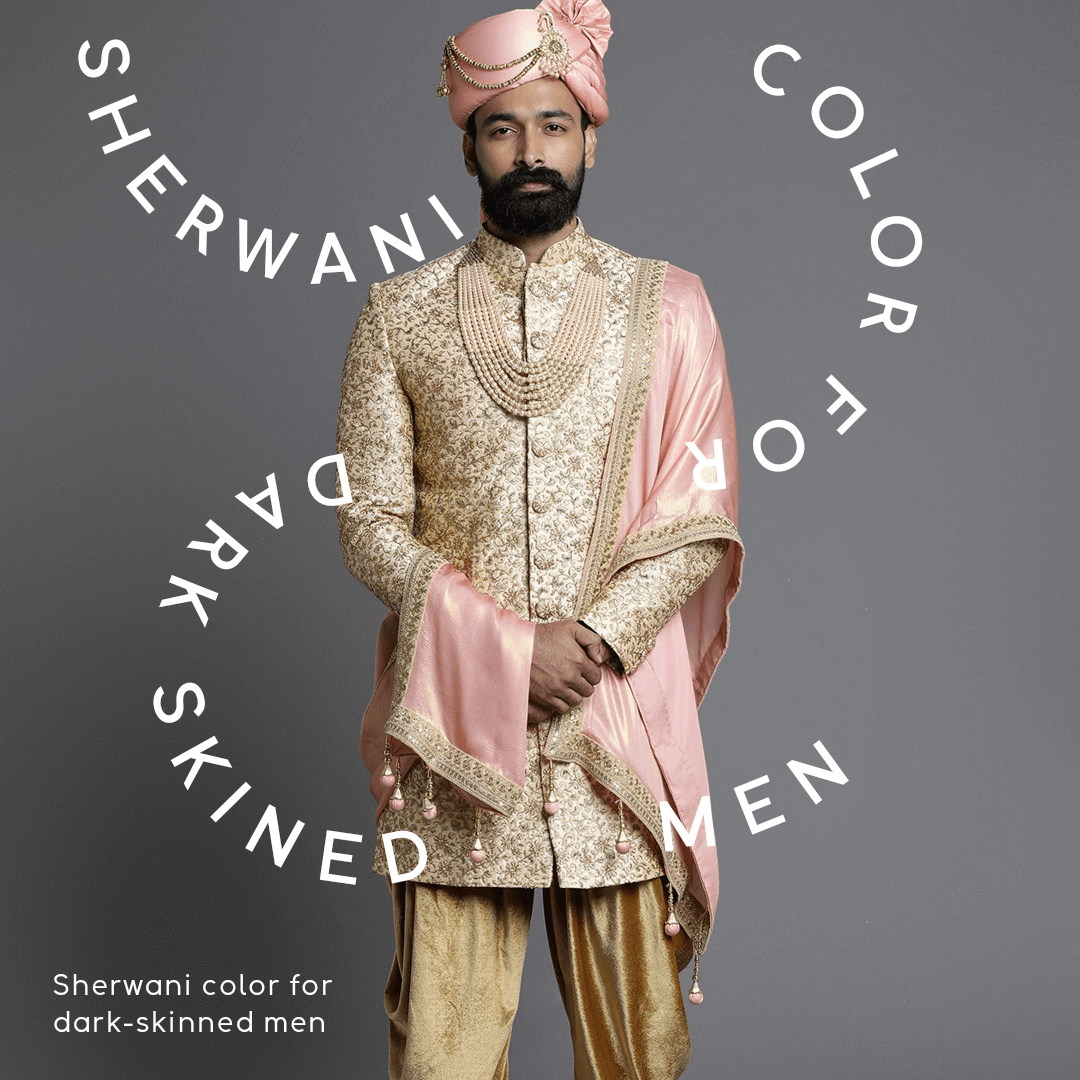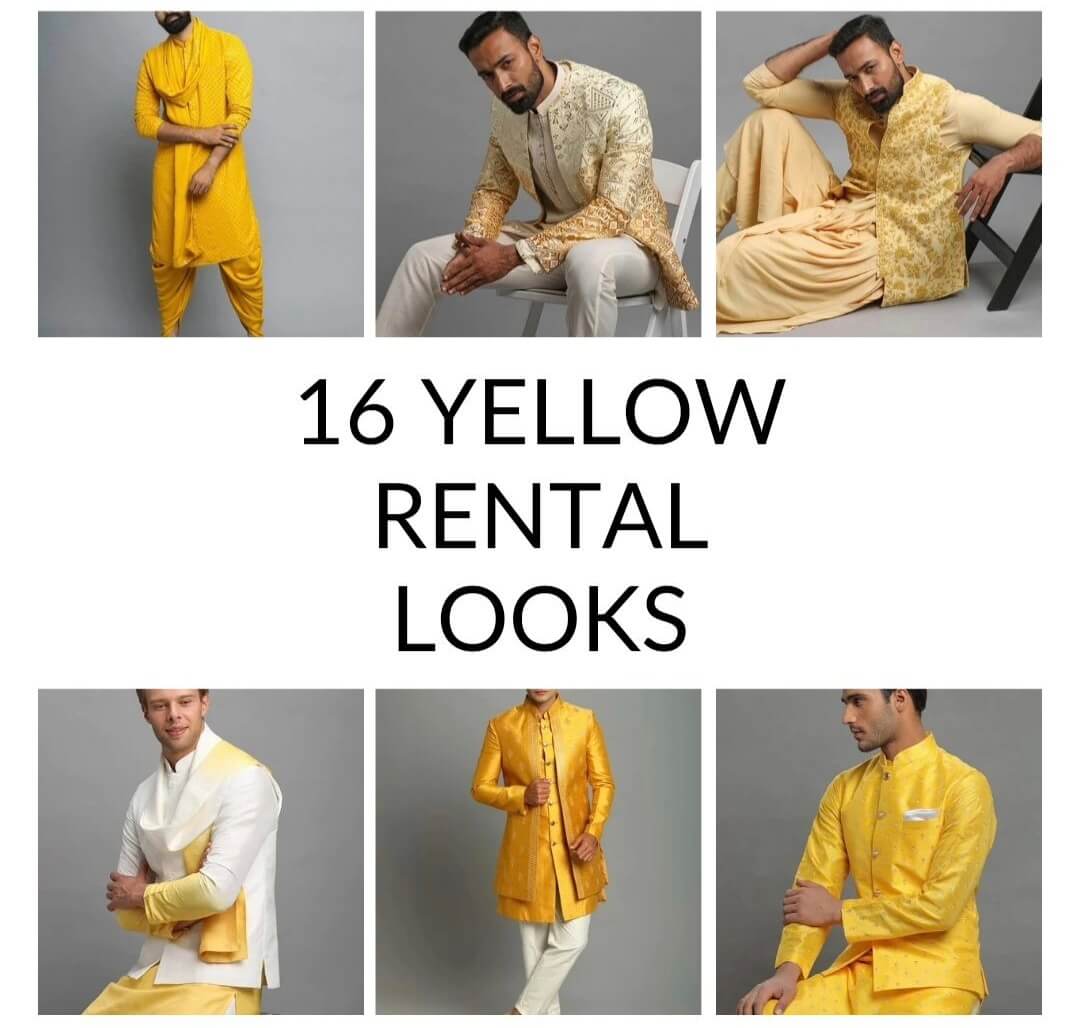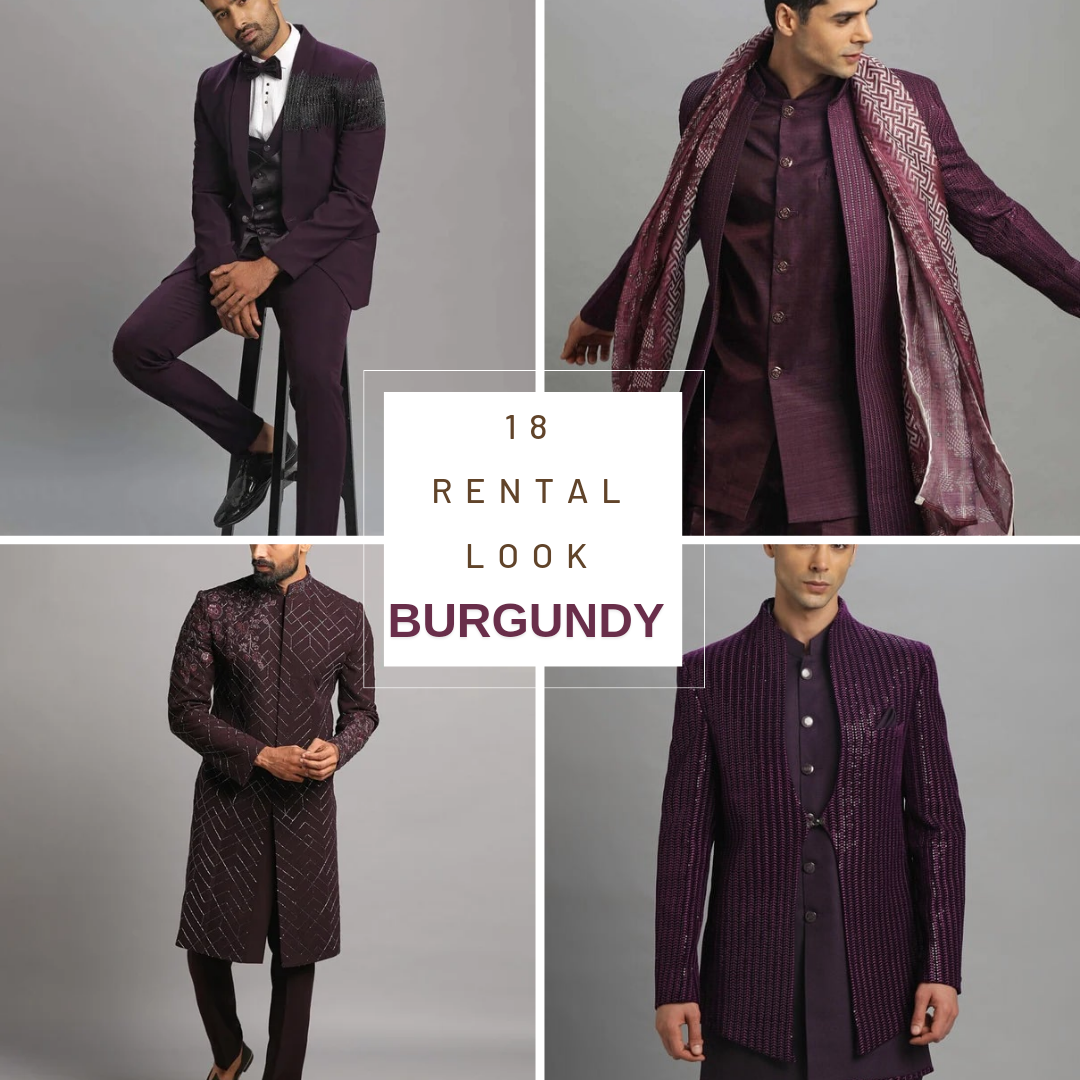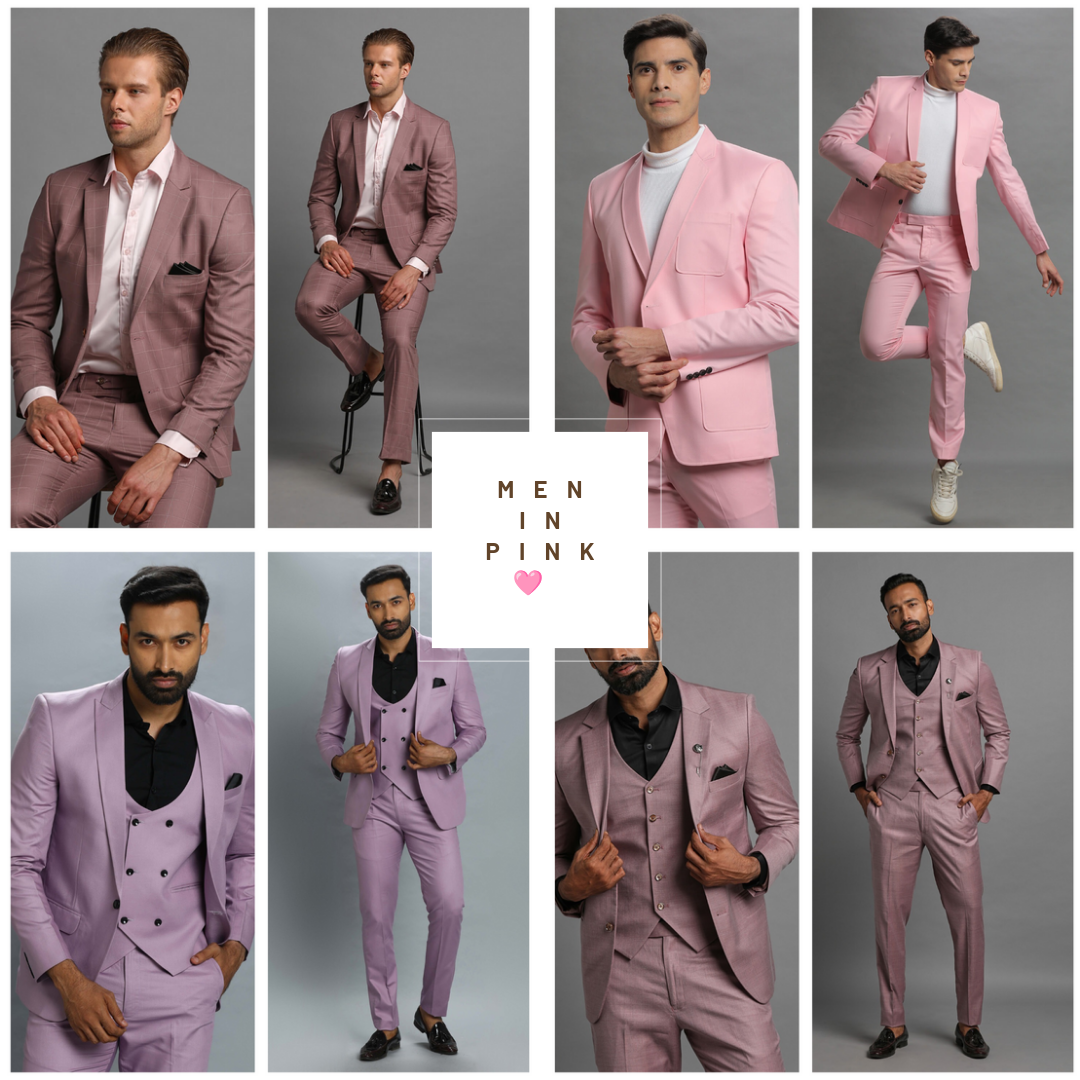 Back
Back

Sustainable Fashion: How Renting Clothes Reduces Your Carbon Footprint
Sustainable fashion has been popular in recent years as consumers, companies, and environmentalists search for ways to mitigate the fashion business's negative consequences. Standard fast fashion companies have long been associated with unethical work practices, significant carbon emissions, and too much trash. One of the imaginative responses being developed in response to these problems is clothing rental companies. Renting clothes is a green replacement that can significantly reduce someone's carbon footprint and support a more ethical and circular fashion sector.
The Effects of Fast Fashion on the natural world
The fashion business is among the main polluters of the planet. About 10% of carbon emissions globally and 20% of the wastewater produced worldwide come from this source. The significant quantities of energy, water, and raw materials required to make clothing lead to deforestation, soil erosion, and pollution. By manufacturing cheap, quick-fashion apparel, fast fashion companies, which encourage too much consumption and short product life cycles, aggravate environmental damage.
Every stage of the production process, including raw material extraction, manufacture, transportation, and disposal, affects a garment's carbon footprint. While synthetic fabrics like polyester consume fossil fuels and emit microplastics, the manufacture of cotton calls for a lot of water and insecticides. Industry emissions and dangerous chemicals dumped into water systems during dyeing and finishing processes produce air pollution. Thanks to globalized supply chains, which drastically increase carbon emissions, clothing often travels thousands of kilometers before reaching consumers. Burning or throwing most wasted clothes into landfills fuels unfavorable air pollution and releases methane.
How Renting Clothes Reduces Carbon Footprint
Clothing rental companies' circular economy approach extends the life of their products and reduces the demand for fresh manufacture. Renting instead of buying clothes lets consumers extend their usable lifetime. The average customer throws away almost 81 pounds of clothes each year. Renting clothes multiple times before they reach the end of their life cycle helps to considerably lower textile waste and demand for fresh manufacture.
The fashion industry generates more clothes than is needed to meet consumer demand. Renting garments reduces the demand for fresh energy, water, and raw materials by optimizing existing clothes, thereby minimizing additional manufacturing. Fewer new clothes are made since rental companies encourage several instances of reusing clothes. Consequently, direct reduction of carbon emissions connected to the production of textiles, including energy-intensive processes like spinning, weaving, dying, and finishing fabrics, is achieved.
Millions of tons of clothes find their way into landfills annually. By extending the lifetime of clothes, rental companies help solve this problem by delaying disposal and reducing landfill pollution levels. Moving clothing from consumers to facilities involves logistics. Still, these are usually less important than the carbon emissions from global fast fashion supply chains spanning many manufacturing and distribution stages in many countries. Moreover, several renting websites maximize transit using local distribution sites and environmentally efficient packaging.
The Economic and Social Advantages of Clothing Rentals
Renting designer, specialist, or high-quality clothing for a fraction of the cost of buying it lets consumers save money. This is especially beneficial for one-time events like weddings, galas, or business meetings where purchasing a new outfit would not be cost-effective. Customers are urged to rent instead of buy, which helps them see the consumption of fast fashion from a different angle, one that involves more careful judgments. This advances ethical and environmentally friendly consumption. Many garment rental businesses work with ethical and sustainable fashion labels so that clients may select environmentally friendly choices without sacrificing stylish, well-made apparel.
Since they significantly cut water and energy consumption, fashion rental services are a more sustainable choice than everyday garment consumption. Textile manufacturing, mainly cotton and synthetic fabrics, consumes vast water and energy. While a single cotton T-shirt uses over 2,700 liters of water, a pair of jeans takes approximately 7,500 gallons. Renting clothes helps to lower the demand for mass textile manufacture, which in turn consumes less water and minimizes dyeing and finishing process pollution. Moreover, textile manufacturing is relatively energy-intensive since dying, processing, and weaving fabrics demand a lot of energy.
By maximizing garment utilization throughout numerous wearers, rental models considerably reduce the need for continuous manufacturing, conserving raw materials and energy. Many rental companies now utilize environmentally friendly cleaning techniques, including waterless dry cleaning and biodegradable detergents, to help further lessen their impact on the surroundings. By choosing to rent rather than buy, consumers can actively help to reduce the influence of the fashion business on natural resources by choosing a more responsible and circular style.
Particularly for elegant and occasion-specific fashions, renting clothes offers many financial advantages over buying. Renting allows consumers to acquire high-end apparel at a far lower cost than purchasing designer ensembles or trendy clothes, which usually require a large upfront outlay. For just $50, for example, one may rent a $500 costly suit and save a lot of money. Renting also eliminates the necessity for regular wardrobe changes since consumers can access new trends without always purchasing new items.
For one-time events like weddings, galas, or business meetings, when buying a new outfit would not be cost-effective, this is very helpful. Through reduced overconsumption and impulsive purchases, subscription-based rental companies also save money by offering a changing wardrobe for a set monthly charge. Renting also helps to save garment care costs since many rental companies incorporate professional cleaning and repairs. Renting clothing lets consumers experience flexibility and diversity of fashion while saving money and reducing needless textile waste. This makes renting an appealing, reasonably priced, ecologically responsible alternative for conventional fashion consumption.
Renting clothes companies promote careful consumption, so supporting minimalism and environmentalism. Minimalism helps people reduce waste and clutter by pushing them to own less well-made, varied goods. Renting clothes helps to encourage this concept by offering a flexible wardrobe free of ownership's bother. Renting lets consumers access fashionable, well-made clothing just when needed instead of always buying and discarding goods to be current with trends.
Increasing the lifetime of every piece and lowering overconsumption lowers the effect on the surroundings. Moreover, renting discourages impulsive purchases and fosters a better respect for well-made clothing, promoting a more deliberate attitude to fashion. Choosing a rental wardrobe allows consumers to enjoy diversity and style without contributing to the excessive manufacturing and waste connected with fast fashion. Ultimately, renting encourages ethical fashion choices and generally reduces the demand for new clothes manufactured, therefore fostering a sustainable and simple way of living.
The rise of online fashion rental markets has fundamentally transformed consumer interaction with clothing. High-end clothing is now more reasonably priced due to subscription-based or on-demand rentals from firms like Rent the Runway, Nuuly, and Le Tote. From daily wear to significant events, these sites let consumers fulfill various needs to experience style variation without exceeding the budget or squandering money. Growing awareness of sustainability, especially among younger generations searching for ecologically friendly purchasing choices, has helped rental platforms become more popular.
Due to improvements in logistics, artificial intelligence-powered recommendations, and sustainable packaging, rental services are becoming more and more popular as a reasonably affordable, stylish, and environmentally friendly alternative for fast fashion. As more people adopt circular fashion and reduce the negative environmental impact of conventional clothing creation, rental platforms are transforming the fashion industry.
Unique occasion clothing, sometimes worn just once before being thrown away or unused in closets, includes wedding dresses, gala gowns, and tuxedos. Renting these items reduces textile waste by ensuring that several clients utilize them several times. Renting allows customers to access premium clothing without contributing to overproduction and waste, unlike purchasing a brand-new outfit for a one-time occasion.
This helps clothes survive longer, less fresh production is needed, and the environmental effect of manufacture and disposal is lessened. Moreover, rental companies sometimes have professionals clean and fix clothes, increasing their lifetime. Renting unique event apparel allows consumers to experience luxury clothing without feeling bad about adding to fashion trash, promoting a more environmentally beneficial and sustainable choice.
As consumers become more ecologically sensitive, rental services may become increasingly important for the future of sustainable fashion. Clothing rental offers a competitive substitute for fast fashion by cutting resource use, carbon emissions, and textile waste. Thanks to the expansion of rental platforms and improvements in internet accessibility, cleaning technology, and logistics, renting is simpler today than ever. Furthermore, companies and legislators' growing support of circular fashion suggests that renting could become a regular habit.
If rental services maintain developing fresh concepts and combining environmentally sound business practices, they can revolutionize the fashion sector and reduce wastefulness and responsibility in general. Though it might not replace traditional clothes retail, renting is undoubtedly a step towards a more sustainable and circular future.
Conclusion
Renting clothes is an innovative and quick way to help the garment business have less carbon footprint. By extending the lifetime of clothes, reducing overproduction, and lowering waste, rental fashion services assist in building a more sustainable future. As rental sites grow and customer awareness increases, adopting clothes rentals is a regular fashion trend. Choosing our fashion consumption with intention helps to lower environmental damage and open the path for a more ethical and ecologically responsible industry.



























